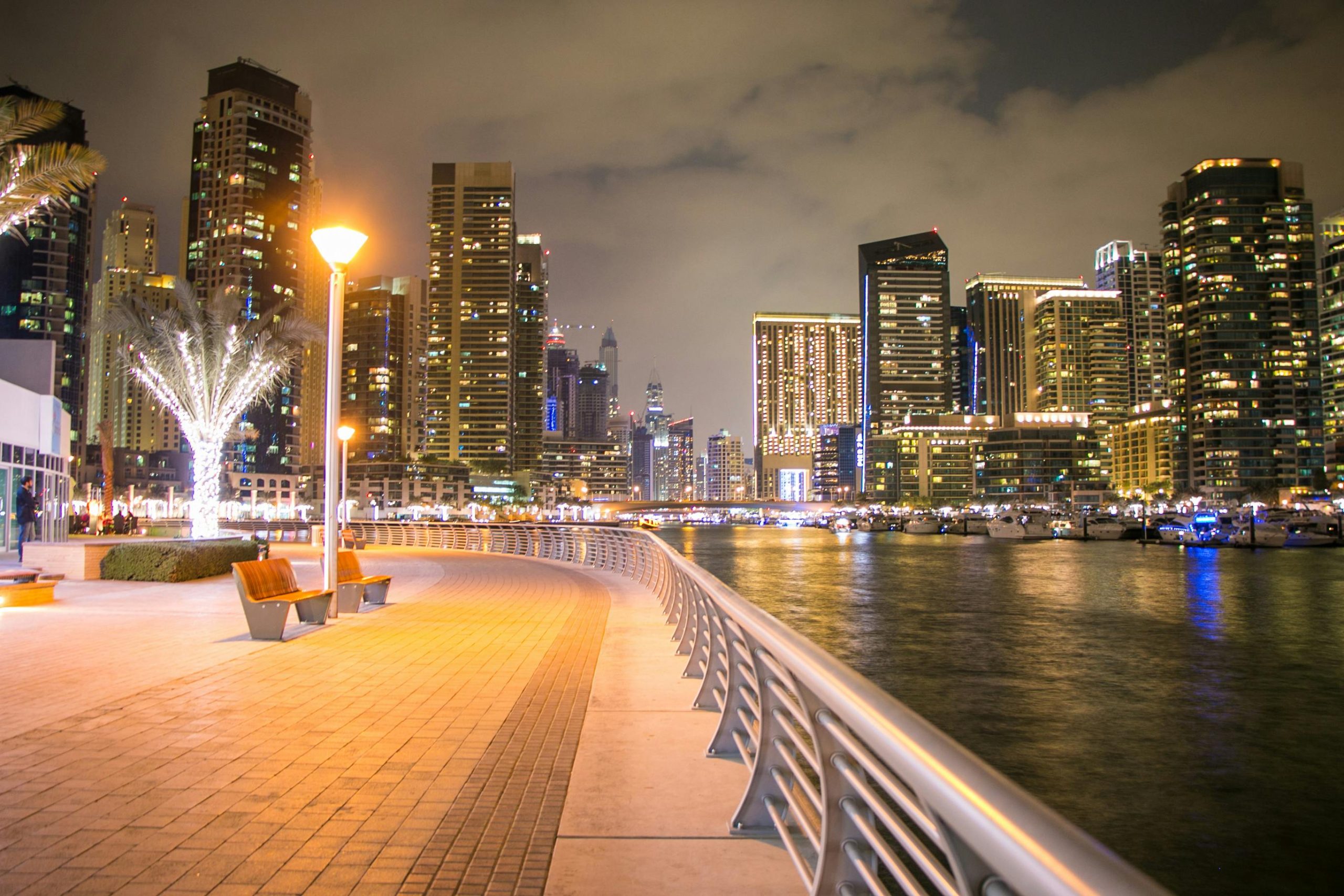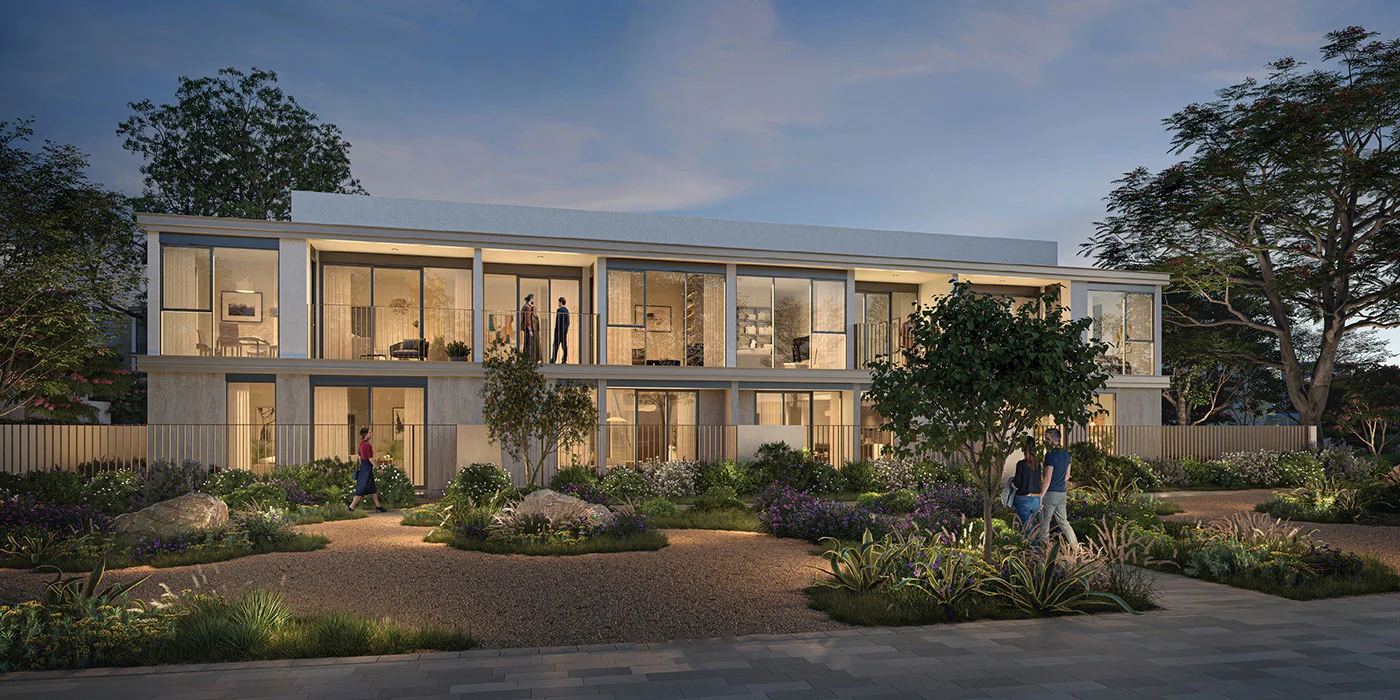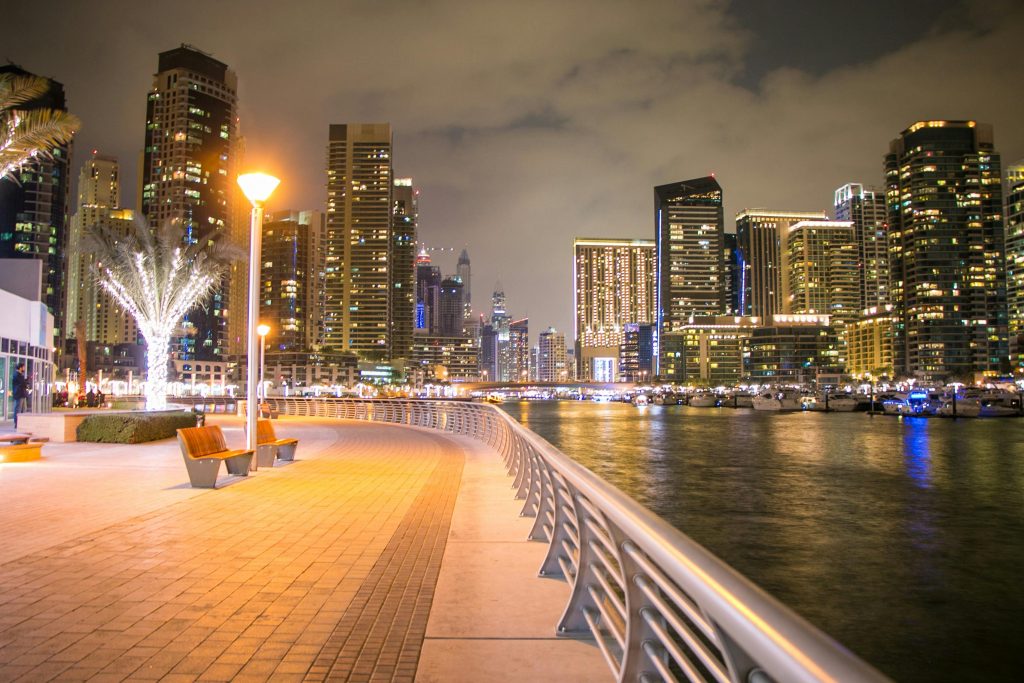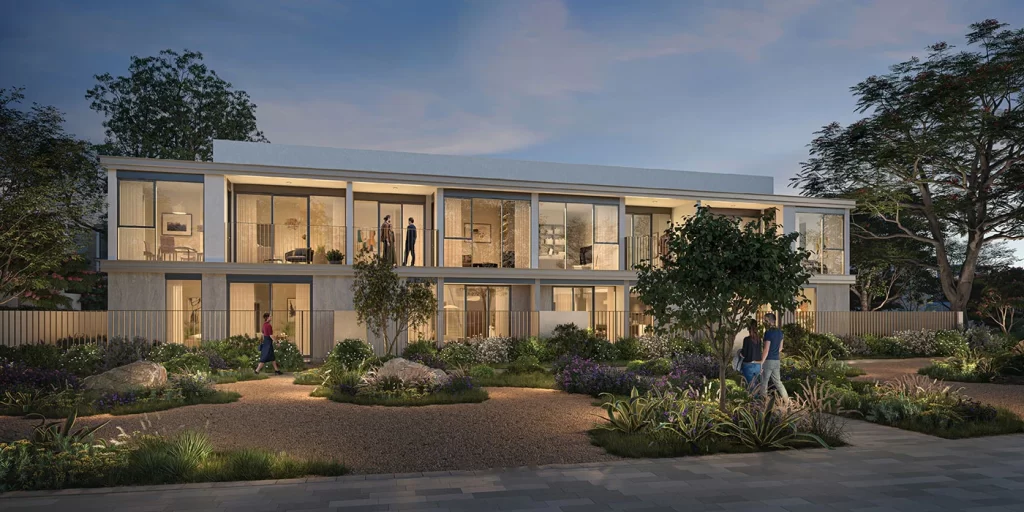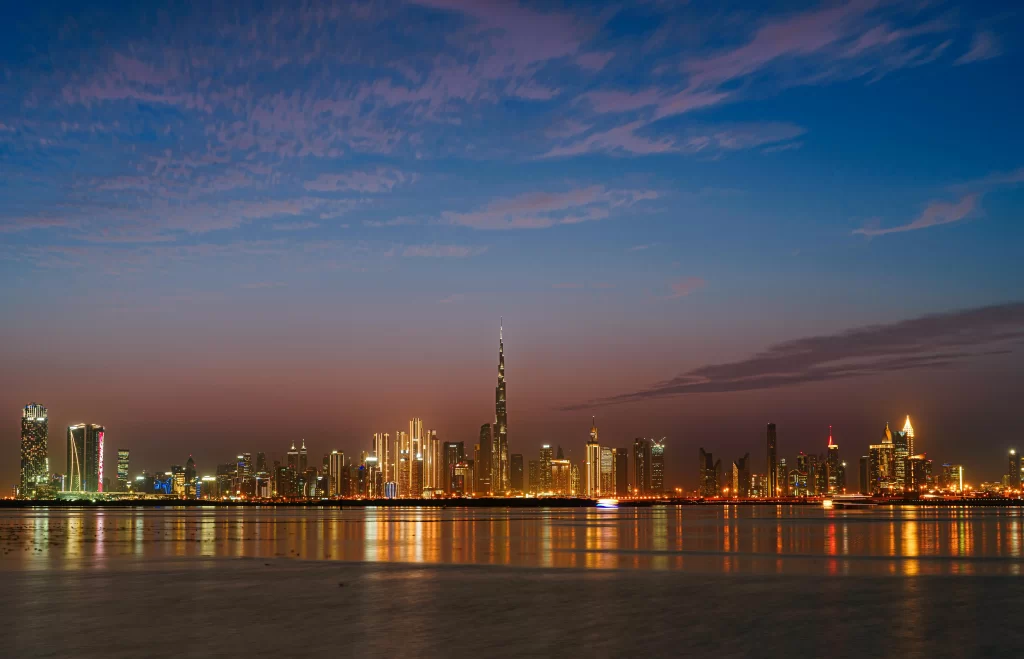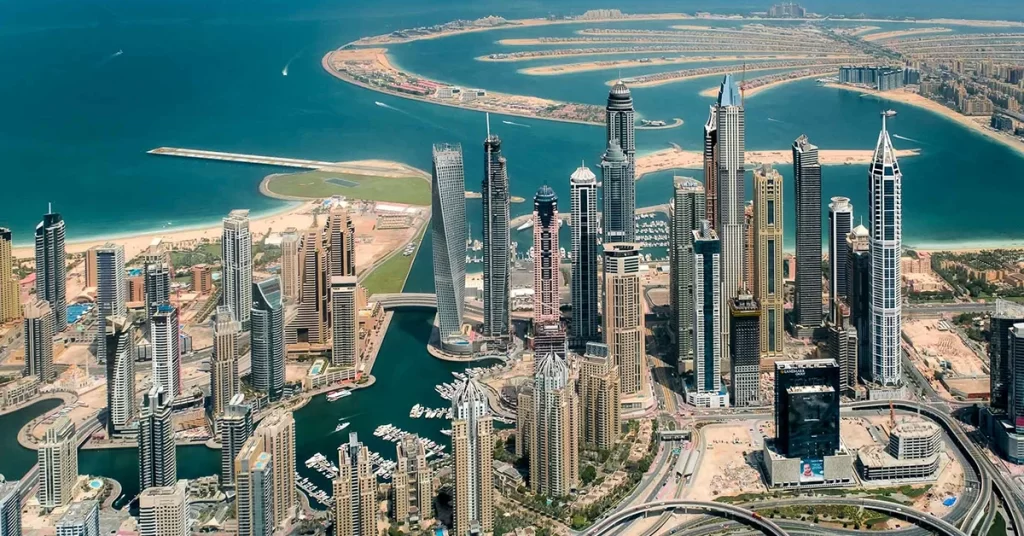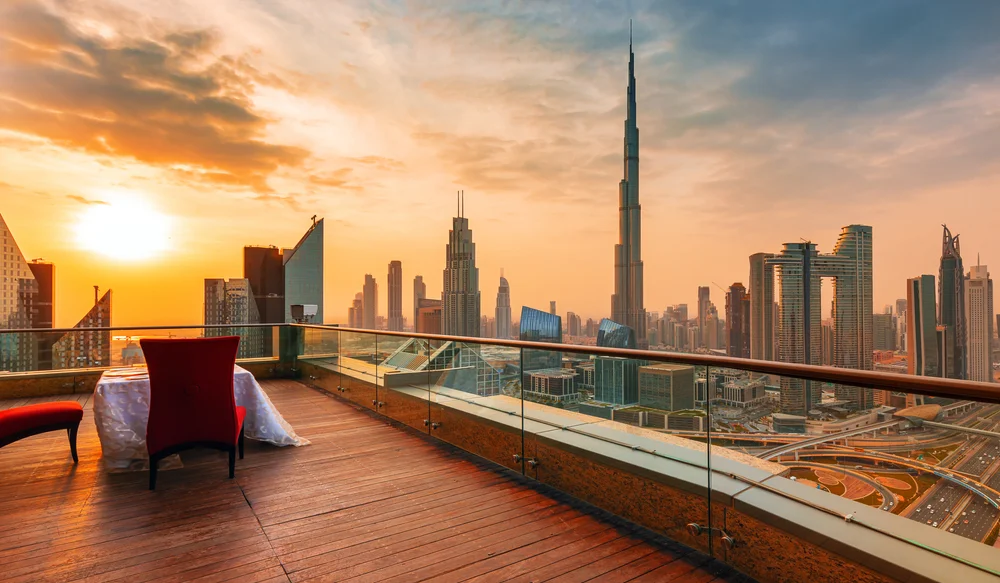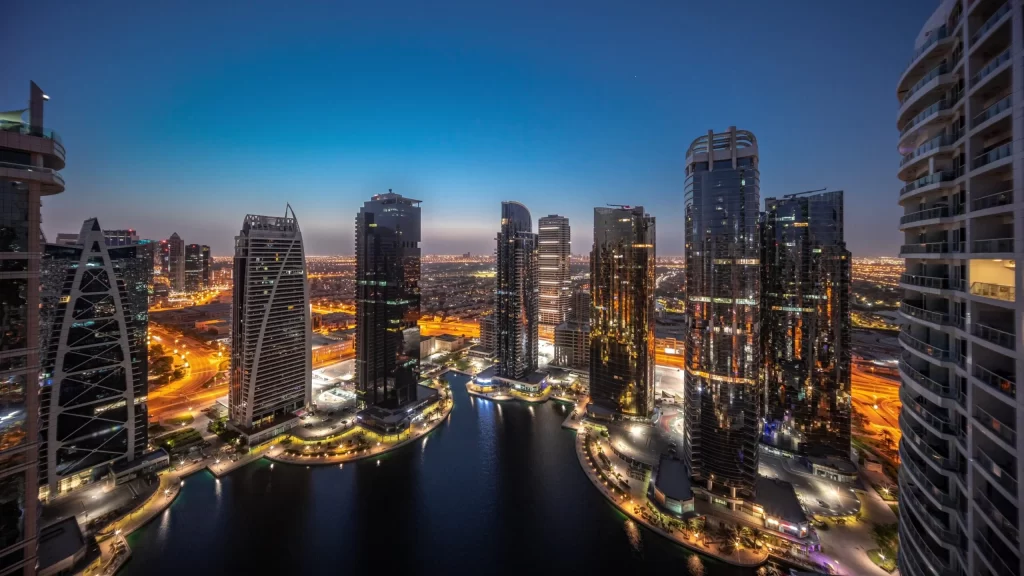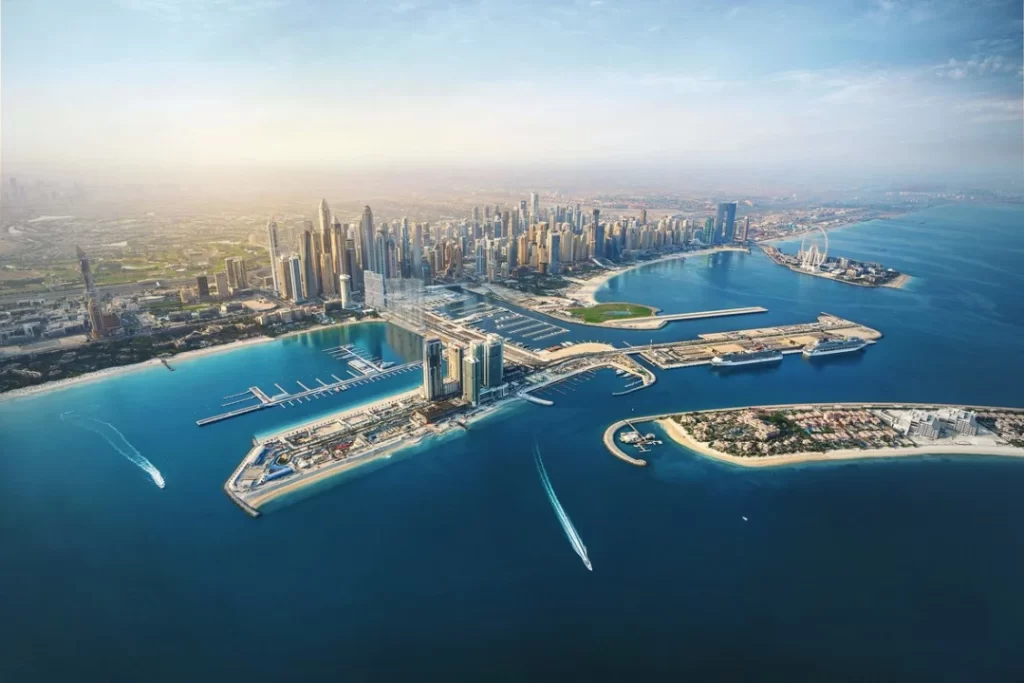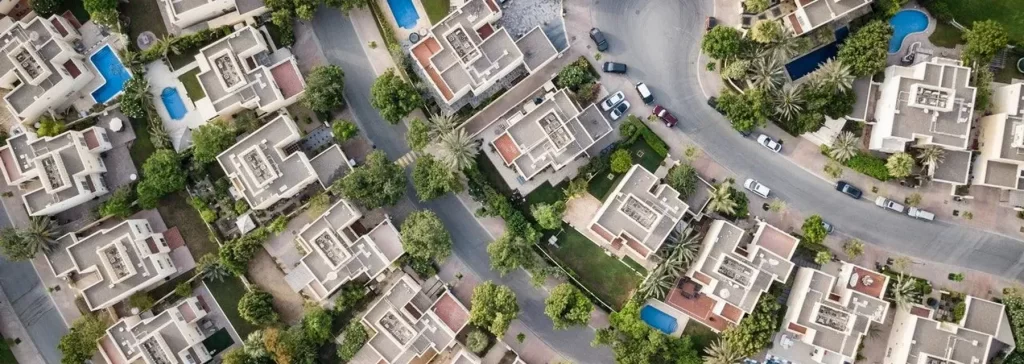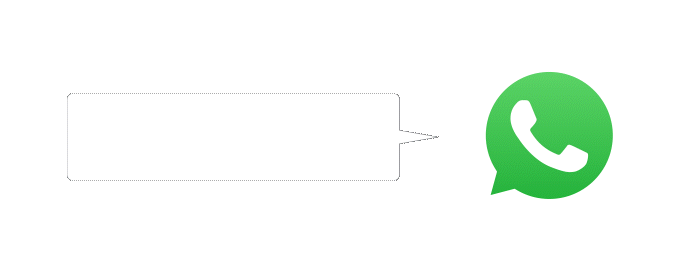Being a landlord in Dubai comes with some rights and responsibilities. Every landlord should know and understand these rights to prevent problems with your tenants.
As a landlord, renting out your property without taking these rights into consideration may lead to future problems with your tenants. In Dubai, the landlords have many rights on their properties, whether a tenant lives there or not.
RERA – The Real Estate Regulatory Agency- in Dubai has designed some laws to show the rights and responsibilities of landlords to help manage misunderstandings and disputes.
According to the RERA law:
- the landlord should ensure that the property is in a good, livable state before handing it over to the tenant.
- the landlord must be responsible for all maintenance works and repairs of the property to ensure that the life of the tenant is not in danger throughout the period of the contract unless they both come to an agreement according to Article 16
- When making changes or renovating a property as a landlord, you must not affect your tenant’s use of such property. However, if the tenant granted the renovation request, the landlord may go ahead and do the repairs according to what is stated in Article 17.
Other landlord’s right towards their property and tenant includes:
Providing a safe environment
As a landlord, you should provide a safe environment for your tenant. So, you should ensure that all doors and windows are securely locked, install firearms and provide the essential things for an ideal home. A safe environment also means that there should be no ongoing constructions or repairs of the property after your tenant moves in.
Clean property
Before the arrival of a tenant, it is your right to ensure that the property is clean and suitable for a tenant to move in. For painting and cleaning, the previous tenant should be responsible. However, if this isn’t possible, the landlord should keep the property clean and in perfect condition according to the tenancy contract.
Maintenance
The landlord’s right is to maintain the property. However, you’re only responsible for maintenance that goes above Dh500 as a landlord.
You do not have to pay for minor wear and tear maintenance as a landlord. You don’t also have the right to pay for any damages that may be caused by the tenant’s misuse or carelessness.
Your right of maintenance as a landlord includes maintenance repairs such as plumbing, electrical, air-conditioning, mechanical faults or problems and other significant repairs that may require over Dh500.
Security deposit
Landlords are entitled to security deposits from their tenants. So, when you’re offered a security deposit, you should cash and keep it safe until the end of the contract with your tenant. Landlords collect this security deposit to cover the cost of damages or payments not made by tenants during the contract period.
That’s why it’s essential to cash out the deposit before the expiry date. If it expires, you will have to deal with all repairs and damages on your own when the tenant vacates the property.
If the tenant did not damage the property in any way and leave it in perfect condition, the security deposit would have to be returned at the end of their tenancy agreement.
Return of Security Deposit
If your tenant leaves your property in good condition, your right as a landlord is to return the security deposit made by the tenant at the beginning of the tenancy contract. If there is minor wear and tear, it will be overlooked as long as huge fees are not required for their repair.
To determine if your tenant is titled to their security deposit or not after their tenancy contract, you need to have a thorough look and check the property as soon as the tenant is ready to leave. With this, you will be able to determine if the security deposit is worth returning or not.
Check-in and Check-out Report
To prevent future problems and protect your sanity as a landlord, you should carry out a check-in report in the presence of your tenant. This is usually done before the tenant moves in.
For the check-in report, you will have a thorough look at your fixtures and fittings and take their photos to serve as photographic evidence.
You will write down the current state of these fixtures and fittings and append your signature on it. Your tenant will also append their signature as soon as they confirm the actual condition of the property.
At the end of the contract, you will conduct a check-out report along with your tenant and compare it with the check-in report. If there are damages, both parties will know from the check-in report, and the next step will be determined.
Clear Means of Communication
Your right is to provide your tenant with a clear means of communicating with them in case of emergencies. When you travel, you should provide your tenant with an easy way to contact you or a contact they can easily reach when the need arises.
If you’d be travelling for a long time or do not want to be disturbed, you can provide the contact of your trusted and preferred maintenance company for repairs or damages that can’t wait. With this, you are rest assured that your property can be easily repaired when the need arises. Also, your tenant will not have to use a maintenance company you do not approve of or struggle to get a good maintenance company.
Home insurance
Home insurance is very necessary and beneficial to your property. You don’t want a situation where you will have to pay for every damage when your insurance company can cover most of it. So, it is your right as a landlord to provide home insurance for your property.
Although, tenants are also obliged to get content insurance as your home insurance may not cover everything. In such cases, your tenant’s insurance can act as additional security, especially during emergencies.
Also Read!
https://azcorealestate.ae/azco_journal/dubai-tenancy-law-know-your-right-as-a-tenant2/

